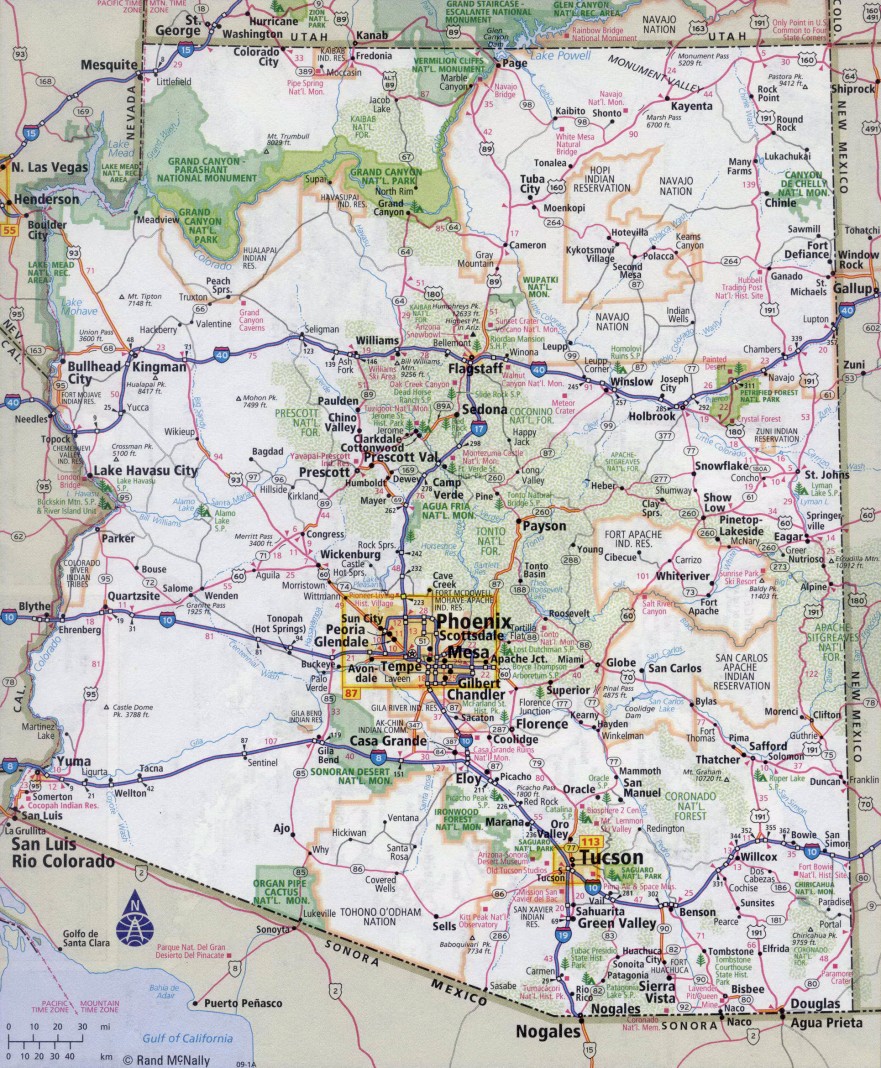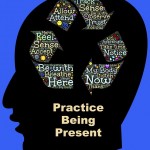I live 3,000 miles away from my mother so, unfortunately, I don’t get to be in a car with her very often (or anywhere else for that matter). When I do, I always try to be behind the wheel; it gives me a sense of safety and control and, besides, I like my driving better than hers. It never ceases to amaze me that after 30+ years of driving, whenever my mom is the passenger’s seat, she holds onto the side of her door with both hands. “You don’t like my driving?” I ask. “I do honey. You just drive a little fast sometimes”.
These days, more often than not, I am sitting in the passenger seat while my students are behind the wheel. My colleague and I have embarked on a several month-long project based on the Youth Participatory Action Research (YPAR) model. At the root of YPAR is a reframing of who has the expertise to produce and share important knowledge. It is a pivot away from the traditional approach to research in which adult scholars from ivory towers visit troubled communities to offer solutions. In YPAR, the students examine their own worlds, contribute their own knowledge, and craft solutions for their own communities.
YPAR also requires that we pivot away from traditional habits as teachers toward a much more facilitative and responsive role. We cannot plan too far ahead or bring detailed road maps to this work. We do, however, guide our students as they create their own maps. Sometimes they get stuck or need a break and I take the wheel to show them a new route. And sometimes I sit in the passenger seat holding onto the side of the door as they go whizzing around with their laser sharp questions and heartbreaking insights.
Last week, my students grappled with what issues they might want to explore and why those issues are so critical. They were attempting to come up with a broad theme that would allow for a range of research angles. One group came up with “awareness of and access to resources” and the whole class spent some time thinking through how that might work. They talked about health care, education, safety, and political knowledge as important resources that youth do not always have access to. Right before class was about to end, Brandon raised his hand. “I’m not suggesting that every young person should have a mentor; that would be too expensive, but….” His voice trailed off. He knew that class was about to end, but he left that day wondering about a possibility. Brandon may go a little fast sometimes, but I do like his driving.
After months of research that will involve interviewing peers, meeting with community members, reading about various mentorship models, and gaining critical data analysis skills, who knows? Perhaps come spring, Brandon will indeed suggest, with evidence-based conviction, that every young person should have a mentor; perhaps not. Regardless of what Brandon’s end-of-year call to action will be, he will have had the empowering experience of understanding himself and his community, and designing his own map.










Comments 1
Thanks for sharing Eve! This sounds so interesting. We are playing with this same concept in a less sophisticated manner at my school. We have scholar led leadership clubs. The scholars in a class or grade level decide on a passion or topic for their club and then map out a plan. The teacher is there to facilitate and guide their process. Our scholars love leadership club days!